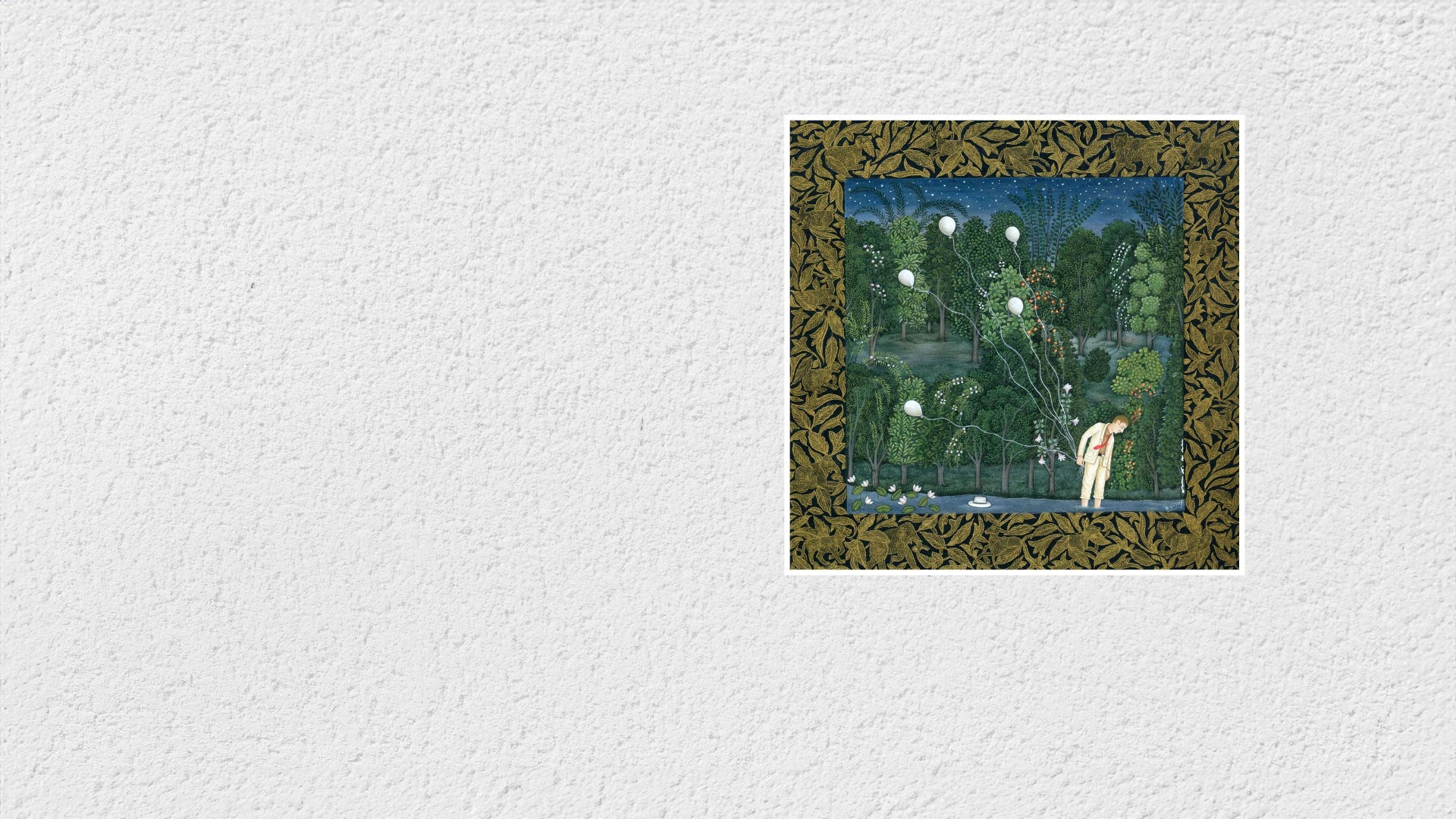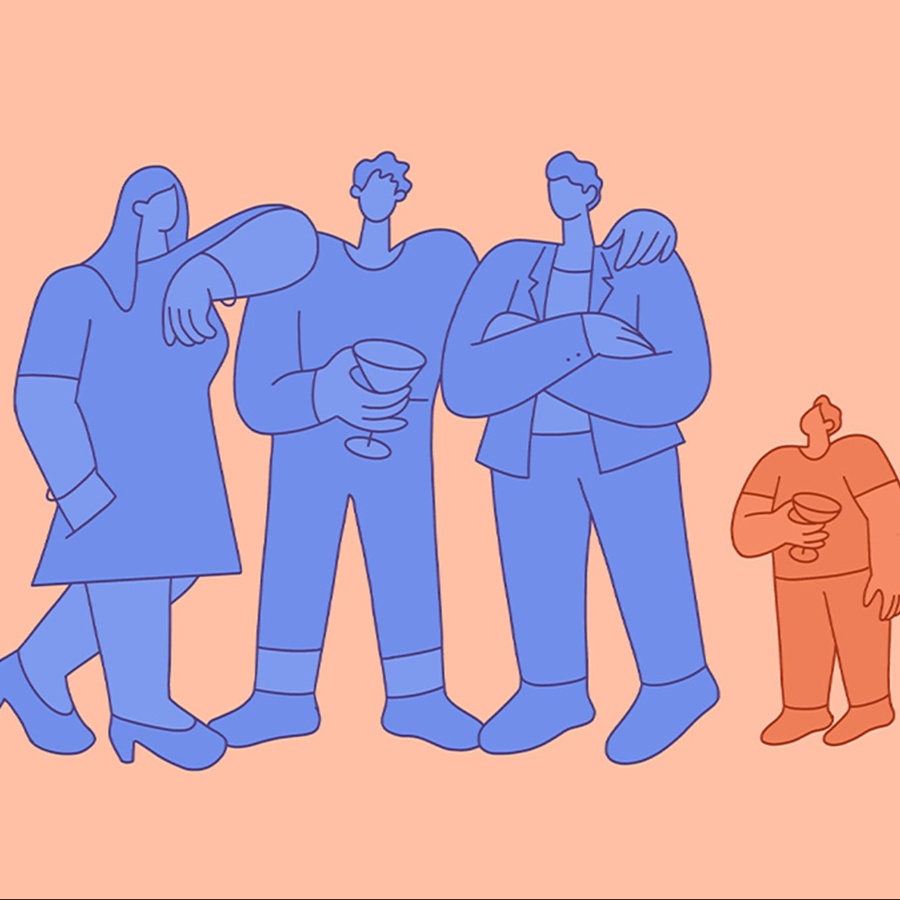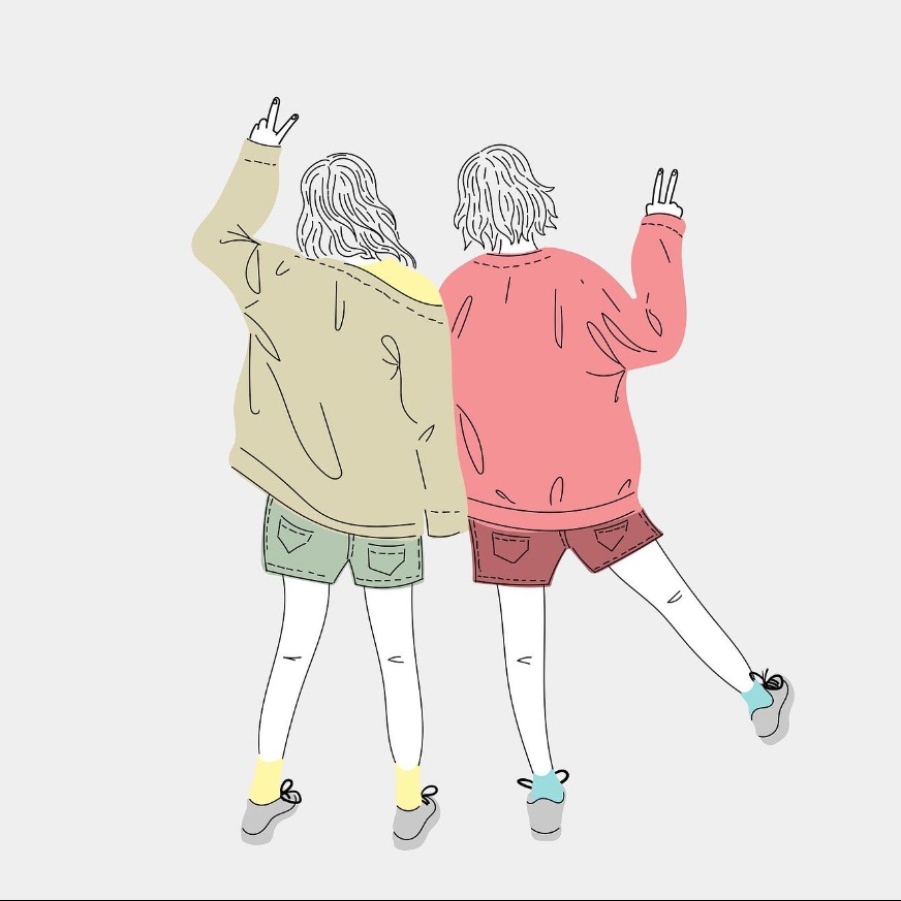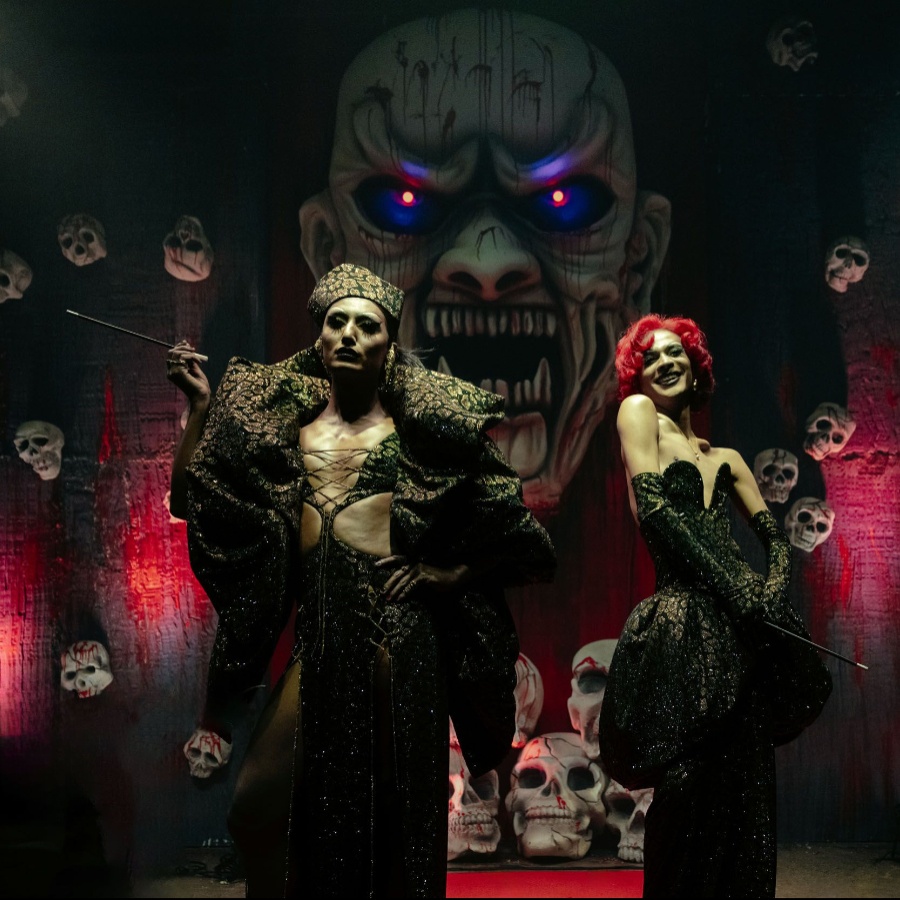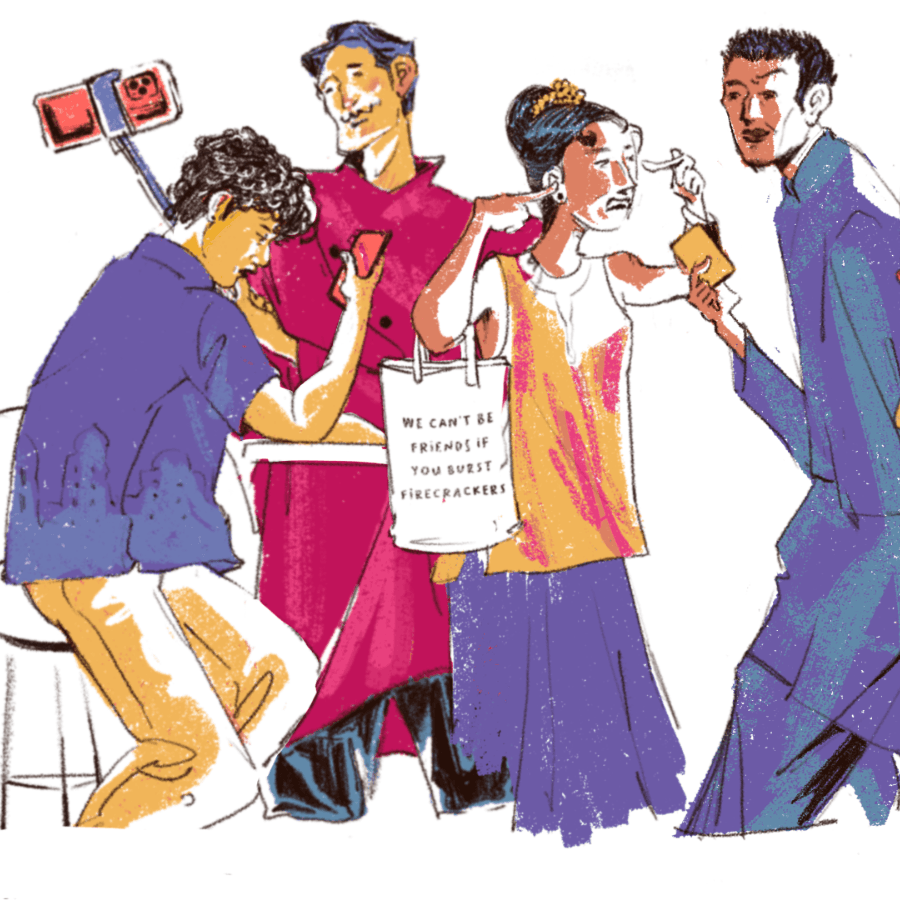Being queer in Indian society is kind of like being stuck in a Bollywood movie with no script. When the music starts, everyone else is in perfect choreography and you’re left fumbling around on your own. Throw ADHD into the mix and it’s like trying to do the dance while you’re stuck on a runaway roller coaster.
To get a sense of what it’s like to live with ADHD, imagine the world as a video on a screen, and you have no control over what’s playing. My mind plays things in 1.5x speed at times or slows things down without notice. It opens multiple tabs and feeds simultaneously. Experiencing all of this but reacting to it in a way that others see as ‘normal’ or socially acceptable is a constant, literally 24/7 struggle. Masking my ADHD and my queer identity just meant adding layers and layers of ‘normative’ behaviours, clothing choices, and conversation topics to my personality—and hiding who I really was.
Proud but not loud
The queer community has always been about breaking societal norms, refusing to blend in, unapologetically standing out. But reality in India was starkly different. Way back when I came out, male relationships were celebrated only if they were the heterosexual bromances of the Dil Chahta Hai kind, but in real life, gay men were blackmailed, bullied, and beaten up; it confused the hell out of me. It was only through meetups via Gay Bombay and Humsafar, and queer film screenings at local college auditoriums, that I experienced community and a sense of belonging.
But even today, within the queer community of Mumbai, being a cis gay man with ADHD is not easy. While everyone else is queuing up to get into hyped-up pink parties, wreathed in an amount of glitter that can only be described as Unicorn Bile, and vocally judging every inch of flab that catches their eye, I’m at the back of the line, fidgeting nervously and avoiding eye contact, even with the boys who seem interested. It’s like I’m the lead in The Perks of Being a Wallflower contesting in a season of RuPaul’s Drag Race.
Way back when I came out, male relationships were celebrated only if they were the heterosexual bromances of the Dil Chahta Hai kind, but in real life, gay men were blackmailed, bullied, and beaten up; it confused the hell out of me.
Not too long ago, I was at a queer party whose organiser kept chiding me for not dancing or mingling in a club filled with strangers, even shaming me for being “boring”. I smiled and nodded, but I haven’t gone to an event hosted by them ever again.
Yes, I firmly believe, and repeat almost on loop, that we must be fierce, fabulous, and unapologetically ourselves—but when I’m experiencing a sensory overload in a crowded, neon-lit nightclub, it feels like two parts of me are in conflict. Sometimes, being fierce, fabulous, and unapologetically myself just means taking a quiet walk by the sea. So you can imagine my excitement when, just a month ago, I came across an event that promised to accommodate the unique needs of introverts, shy queers, neurodivergent individuals, and persons with disabilities.
Someone like you
Hosted by Mumbai-based organisation The Gay Gaze, it was called The Quiet Gaze and it took place at a tranquil rooftop garden lounge in Bandra. Think mood lighting, comfortable low seating, and soothing music, all rounded out by a floral arrangement. A stark contrast to the usual community event experience of sweaty dance floors, anxious mingling, and trying not to spill my drink.
The minute I arrived, I felt confident. I felt safe. A nagging anxiety of mine is to think of the many ways in which things could go wrong. Thankfully, they didn’t.
At one point, in a segment called ‘Theatre of the Mundane’, one of the hosts took to the stage, and led a line-up of intimate performance pieces and interactions. They shared the aches and melancholies of their everyday lives—the pressure they felt to be social, the struggles of coming out as an introvert. One piece unpacked the bittersweet burden of being a queer child and educating one’s parents while also negotiating one’s own authenticity with every conversation—not something one expects to discuss while wearing pleather and sipping sangrias. Sharing their pain was oddly cathartic, a reminder that we’re all just ordinary humans navigating a bizarre world.
As the evening progressed, we participated in a grounding exercise that addressed anxieties related to climate change and the chaos of the world. Guided by calming voices, we were directed to take deep breaths and hug ourselves as a guitarist and singer began to play a gentle acoustic set. Some of us couldn’t help but sing along, lost in the nostalgia of familiar tunes like Husn, Story of My Life, and Rehna Tu.
There was also a dedicated Grounding Area, a retreat for those seeking moments of respite from even this set-up. It seemed carefully curated for those like me to avoid overwhelming sensory stimuli. There were no flashing lights or loud distractions, just a serene atmosphere with more plants than people. It was the perfect safe space for neurodivergent individuals. Awkwardness didn’t seem to matter here; communication flowed freely.
Towards the end of the evening, even the extroverted gay couples emerged from their overcrowded queer events to join us here and we all indulged in unabashed gluttony. Carbs, cocktails, and chorus while being seated on a mattress—a beautifully bizarre night that was also incredibly comforting. As the evening wound down, I could almost sense a glow of contentment radiating from each person.
The Gay Gaze plans to host several more events through the month, including a poetry circle and a book club. I anticipate this is just the beginning of many more unconventional experiences to come, tailored to people with diverse, often conflicting, emotional needs. May there be moments of magic and melancholy for all—and may no one be left behind.
For more information on The Quiet Gaze, and other events organised by The Gay Gaze, follow Instagram.com/thegaygazebombay
